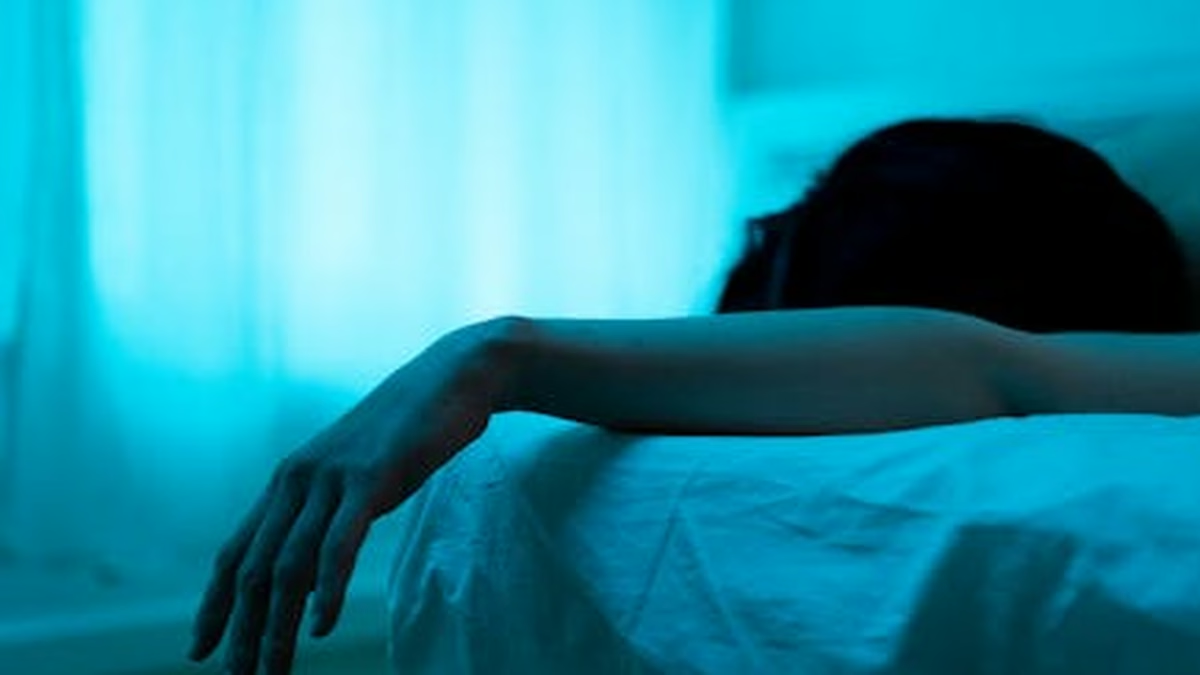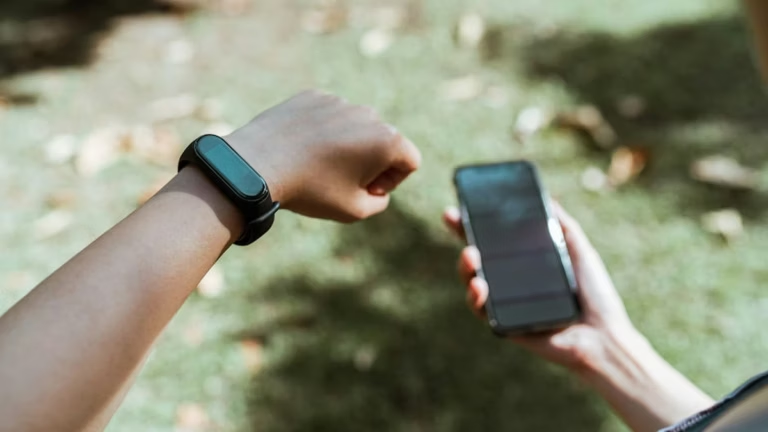DST Sleep Hygiene: Adjust Your Clock
Understanding Daylight Saving Time and Its Impact on Sleep
Daylight Saving Time (DST), the practice of advancing clocks during the summer months, might seem like a simple change, but it can have a significant impact on your internal body clock, also known as your circadian rhythm. This disruption can lead to various sleep-related issues, affecting your overall health and well-being. Many people find themselves struggling to adjust body clock after DST, leading to fatigue, reduced productivity, and even increased risk of accidents.
Studies have shown that the ‘spring forward’ in March, when we lose an hour of Sleep, is particularly challenging. The impact on sleep quality can last for several days, even weeks, as your body tries to synchronize with the new time. The good news is, with the right strategies and a focus on sleep hygiene, you can minimize these effects and get back to a healthy sleep routine.
What is Sleep Hygiene?
Sleep hygiene refers to a set of practices and habits that are necessary to have good nighttime sleep quality and full daytime alertness. Think of it as your personal bedtime routine, designed to optimize your sleep environment and condition your body for rest. Good sleep hygiene isn’t just about getting enough hours; it’s about the quality and consistency of your sleep.
Key Elements of Sleep Hygiene
- Consistent Sleep Schedule: Going to bed and waking up at the same time every day, even on weekends, helps regulate your circadian rhythm.
- Optimal Sleep Environment: Ensuring your bedroom is dark, quiet, and cool.
- Relaxing Bedtime Routine: Engaging in calming activities before bed, such as reading or taking a warm bath.
- Avoiding Stimulants Before Bed: Limiting caffeine and alcohol intake in the evening.
- Regular Exercise: Physical activity can improve sleep quality, but avoid exercising too close to bedtime.
Strategies to Adjust Your Body Clock After DST
Here are some practical tips to help you adjust body clock following the sleep schedule change caused by Daylight Saving Time. Implementing these strategies gradually can ease the transition and minimize the negative effects on your sleep.
Pre-DST Preparation: A Gradual Approach
The best way to minimize the impact of DST is to prepare in advance. Start shifting your sleep schedule a few days before the time change. Here’s how:
- Start Early: Three to four days before DST, begin going to bed and waking up 15-20 minutes earlier each day.
- Meal Times: Shift your meal times slightly earlier as well, as this can also influence your circadian rhythm.
- Light Exposure: Expose yourself to bright light in the morning to help advance your body clock.
Post-DST Recovery: Minimizing Disruption
Even with preparation, you might still experience some sleep disruption after DST. Here are some strategies to help you recover quickly:
- Stick to Your Schedule: Even if you feel tired, try to stick to your new sleep and wake times.
- Sunlight Exposure: Spend time outdoors in the morning sunlight. This helps regulate your circadian rhythm and signals to your body that it’s time to be awake.
- Melatonin Supplements: Consider taking a low-dose melatonin supplement in the evening to help regulate your sleep-wake cycle. Consult with your doctor before starting any new supplements.
- Avoid Napping: Resist the urge to take long naps during the day, as this can further disrupt your sleep schedule. If you must nap, keep it short (20-30 minutes) and early in the afternoon.
Practical Tips for Improving Sleep Hygiene During and After DST
Beyond the specific strategies for DST, focusing on general sleep hygiene practices can make a big difference. Here are some additional tips:
- Create a Relaxing Bedtime Routine: Wind down with activities like reading, taking a warm bath, or listening to calming music. Avoid screen time (phones, tablets, computers) at least an hour before bed. The blue light emitted from these devices can interfere with melatonin production.
- Optimize Your Sleep Environment: Make sure your bedroom is dark, quiet, and cool. Use blackout curtains, earplugs, or a white noise machine to minimize distractions.
- Watch Your Diet: Avoid heavy meals, caffeine, and alcohol close to bedtime. These can disrupt your sleep and make it harder to fall asleep.
- Regular Exercise: Engage in regular physical activity, but avoid exercising too close to bedtime. Aim to finish your workout at least three hours before you go to sleep.
- Limit Screen Time Before Bed: The blue light emitted from electronic devices can suppress melatonin production, making it harder to fall asleep.
Case Study: How a Consistent Routine Helps
Sarah, a 35-year-old teacher, struggled with Daylight Saving Time sleep disruptions every year. She felt fatigued and irritable for weeks after the time change. This year, she decided to implement a consistent sleep hygiene routine. She started going to bed and waking up at the same time every day, created a relaxing bedtime routine, and optimized her sleep environment. She also followed the pre-DST preparation steps, shifting her sleep schedule gradually. As a result, she experienced significantly less disruption after DST and felt more energized and focused.
The Science Behind Sleep and DST
The human body operates on a roughly 24-hour cycle called the circadian rhythm, which is regulated by light exposure. When DST shifts the clock, it throws off this natural rhythm. This disruption can affect various bodily functions, including hormone production, body temperature, and even mood. Studies have linked DST to increased risks of heart attacks, strokes, and traffic accidents, particularly in the days following the time change. By understanding the science behind sleep and DST, you can better appreciate the importance of sleep hygiene and take proactive steps to protect your health.
Conclusion: Prioritizing Sleep for a Healthier Life
Daylight Saving Time sleep disruptions can be challenging, but by prioritizing sleep hygiene and implementing the strategies outlined in this article, you can minimize the negative effects and improve sleep DST. Remember, adjusting your body clock takes time and consistency. Be patient with yourself, stick to your routine, and prioritize your sleep. By making sleep hygiene a regular part of your life, you can enjoy better sleep, improved health, and increased overall well-being. Don’t let DST steal your sleep! Take control of your sleep schedule and reclaim your rest. Following these DST sleep tips can make all the difference.
References
-
Sleep Foundation
– Comprehensive sleep health information and research. -
National Institutes of Health Sleep Health
– National Institutes of Health sleep science and guidelines. -
Mayo Clinic Sleep Guide
– Medical sleep advice from Mayo Clinic experts.






